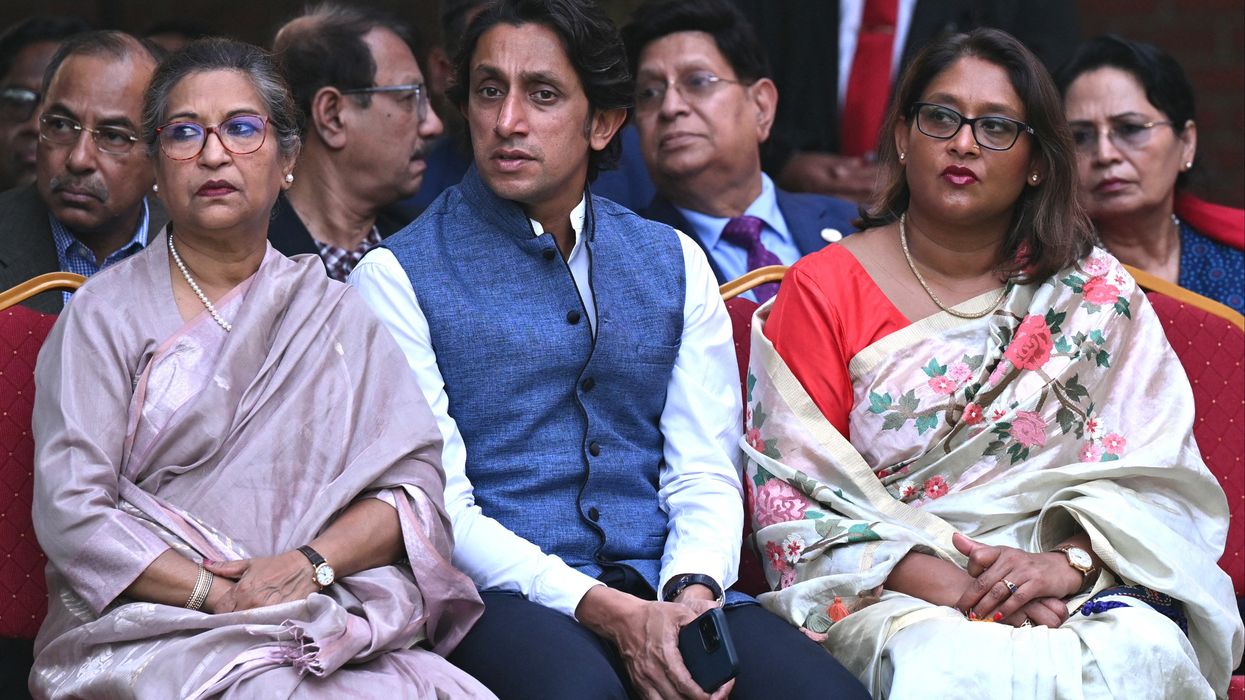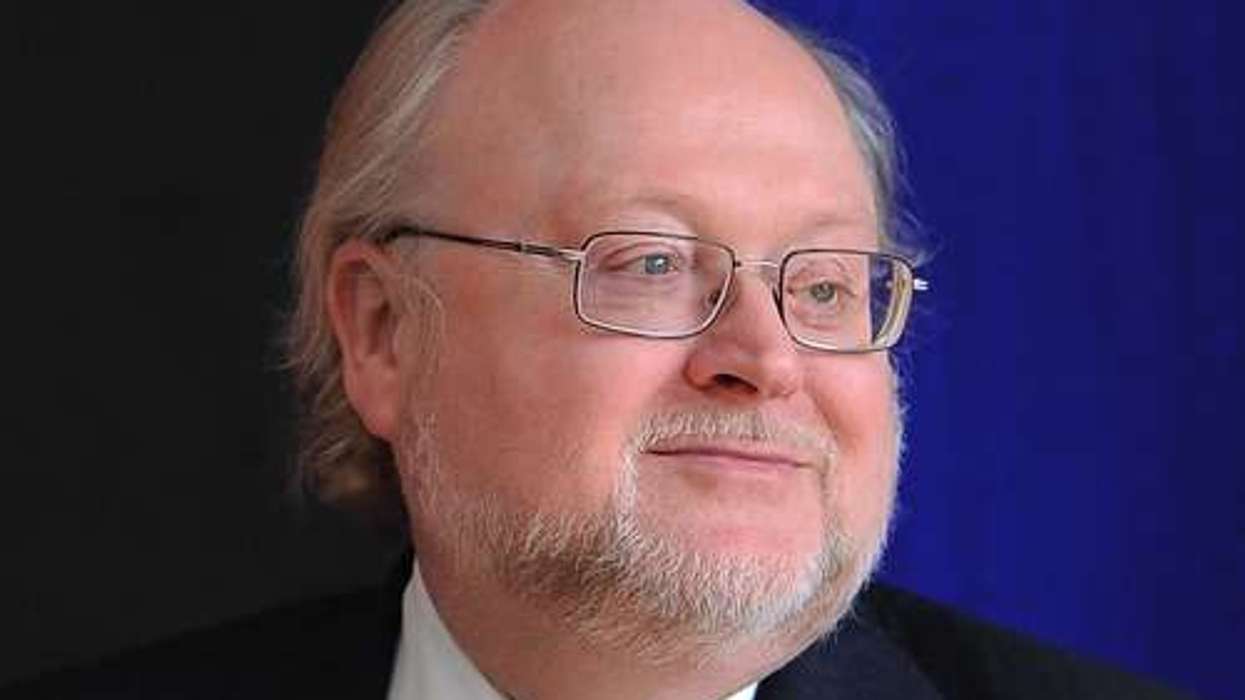A COURT in Bangladesh on Monday (11) heard cases brought by the anti-corruption organisation against former leader Sheikh Hasina and her family, including her daughter who has served as a top UN official.
Three officials from the Anti-Corruption Commission (ACC) read out testimonies in three separate cases over an alleged land grab of lucrative plots in a suburb of Dhaka.
Hasina, 77, fled Bangladesh by helicopter on August 5, 2024, after weeks of studentled protests against her autocratic rule.
She has defied orders to return from India, including to attend her separate and ongoing trial on charges amounting to crimes against humanity, over the deadly crackdown on the uprising.
Hasina has been named in six corruption cases, along with her US-based son Sajeeb Wazed Joy, and her daughter Saima Wazed, who has been serving as the WHO’s southeast Asia chief in New Delhi. “If found guilty, Sheikh Hasina, her son Sajeeb Wazed Joy, and Saima Wazed could face up to 14 years in prison,” ACC lawyer Khan Mohammad Mainul Hossain said.
Wazed is on leave from the WHO and a new official has taken up a post as “officerin-charge”.
In total, six cases have been filed of alleged corruption connected to Hasina.
Among those named in other cases, some slated to be heard later in August, are Hasina’s sister, Sheikh Rehana, and her children – including British MP Tulip Siddiq.
Siddiq resigned as the UK government’s anti-corruption minister in January, denying any wrongdoing after being named in multiple probes in Bangladesh.
Siddiq’s lawyers have said the allegations against her are false.
The previous week, witnesses in the trial of Hasina detailed horrific violence and denial of medical treatment, speaking on the eve of the anniversary of her ouster. Up to 1,400 people were killed between July and August 2024, according to the UN.
Philosophy student Abdullah Al Imran, 25, said on August 4 that his left leg had been blasted “wide open” by gunshot during the protests, describing how it had been left “barely attached to the rest of my body by a thin layer of skin”.
Imran told the court how, when Hasina visited the hospital ward where he was recovering, he told her he had been shot by the police.
He said he overheard Hasina give the order of “no release, no treatment”, referring to injured protesters.
“I didn’t understand the meaning of the order at first, but later I did – as my surgery was repeatedly delayed,” Imran said, adding he was not given the right antibiotics, and his parents were blocked from moving him to a private hospital.
“My leg started to rot,” he said, and showed the court his still bandaged leg. “People couldn’t stand the stench coming from it.” Another witness described how she was blinded in one eye when police fired at close range, the third to give evidence detailing the brutality of the crackdown.
Prosecutors have filed five charges against Hasina – including failure to prevent mass murder – which amount to crimes against humanity under Bangladeshi law. Hasina is on trial in absentia alongside two other accused, her former interior minister Asaduzzaman Khan Kamal, also a fugitive, and ex-police chief Chowdhury Abdullah Al-Mamun, who is in custody and has pleaded guilty.
Hasina is defended by a state-appointed lawyer, but she has refused to accept the authority of the court.
Last Tuesday (5), Bangladesh’s interim leader marked one year since the overthrow of Hasina’s autocratic regime by calling for people to seize the “opportunity” for reform. Nobel Peace Prize winner Muhammad Yunus, the 85-year-old leading the caretaker government as its chief adviser until elections, also announced the polls would be held in February. (AFP)




